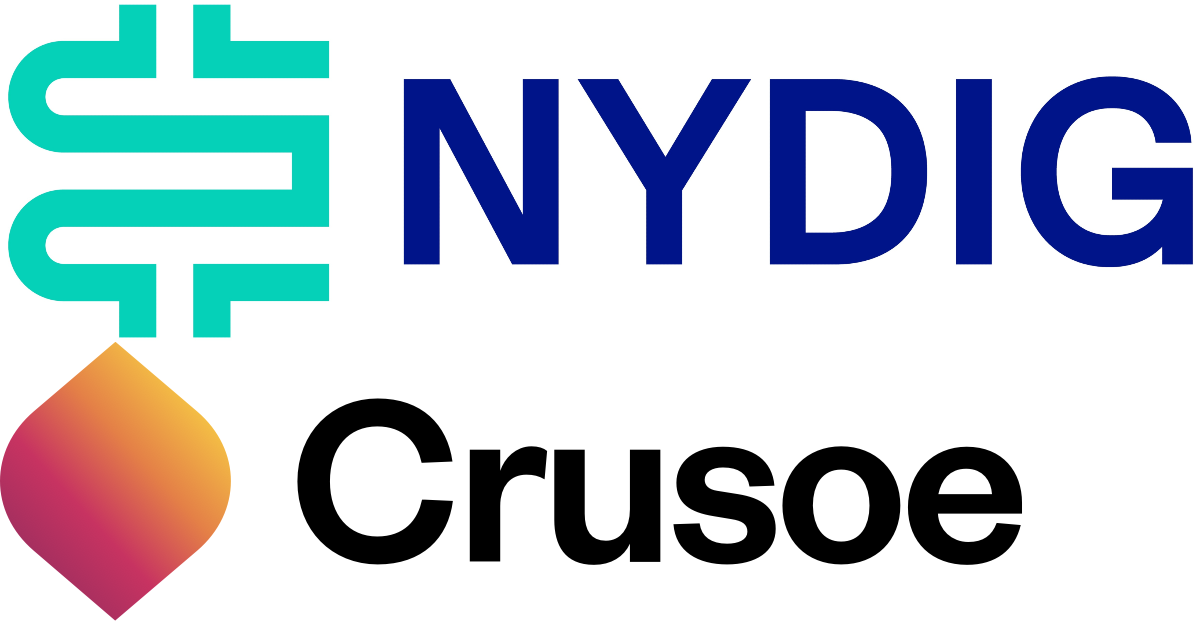Binance vs Nigeria Continues: Nigerian Court Orders Binance to Provide All User Data to EFCC
The Latest Development in the Binance vs Nigeria Saga
It seems like the battle between Binance, one of the world’s leading cryptocurrency exchanges, and the Nigerian government is far from over. A Federal High Court in Abuja, Nigeria, has recently issued an order for Binance to provide comprehensive information on all its Nigerian users to the country’s Economic and Financial Crimes Commission (EFCC).
This latest development is just another chapter in the ongoing saga between Binance and the Nigerian authorities. The cryptocurrency exchange has been facing scrutiny and legal challenges in Nigeria for quite some time now, with the government accusing Binance of facilitating money laundering and other illicit activities.
The court’s order for Binance to hand over all user data to the EFCC is a significant blow to the exchange, as it could potentially compromise the privacy and security of thousands of Nigerian cryptocurrency users. It remains to be seen how Binance will respond to this order and what implications it will have for its operations in Nigeria.
How This Could Impact You
If you are a Nigerian user of Binance or any other cryptocurrency exchange, this development could have serious implications for your privacy and security. The order for Binance to provide all user data to the EFCC raises concerns about government overreach and the potential for abuse of personal information.
As a cryptocurrency user, it is important to stay informed about developments like this and take steps to protect your data and assets. Consider using privacy-focused tools and practices to safeguard your information and be cautious about sharing sensitive details online.
The Global Ramifications
Beyond its impact on individual users, the court’s order for Binance to provide user data to the EFCC could have broader implications for the cryptocurrency industry as a whole. It raises questions about the intersection of privacy, regulation, and financial crime enforcement in the digital economy.
This development may lead to increased scrutiny and regulation of cryptocurrency exchanges in other countries, as governments seek to prevent money laundering and other illicit activities. It could also influence how other exchanges handle user data and interact with law enforcement agencies around the world.
Conclusion
The ongoing conflict between Binance and the Nigerian government highlights the complex and evolving nature of the cryptocurrency industry. As regulators and law enforcement agencies grapple with the challenges posed by digital assets, users must remain vigilant about protecting their privacy and security in an increasingly interconnected world.





